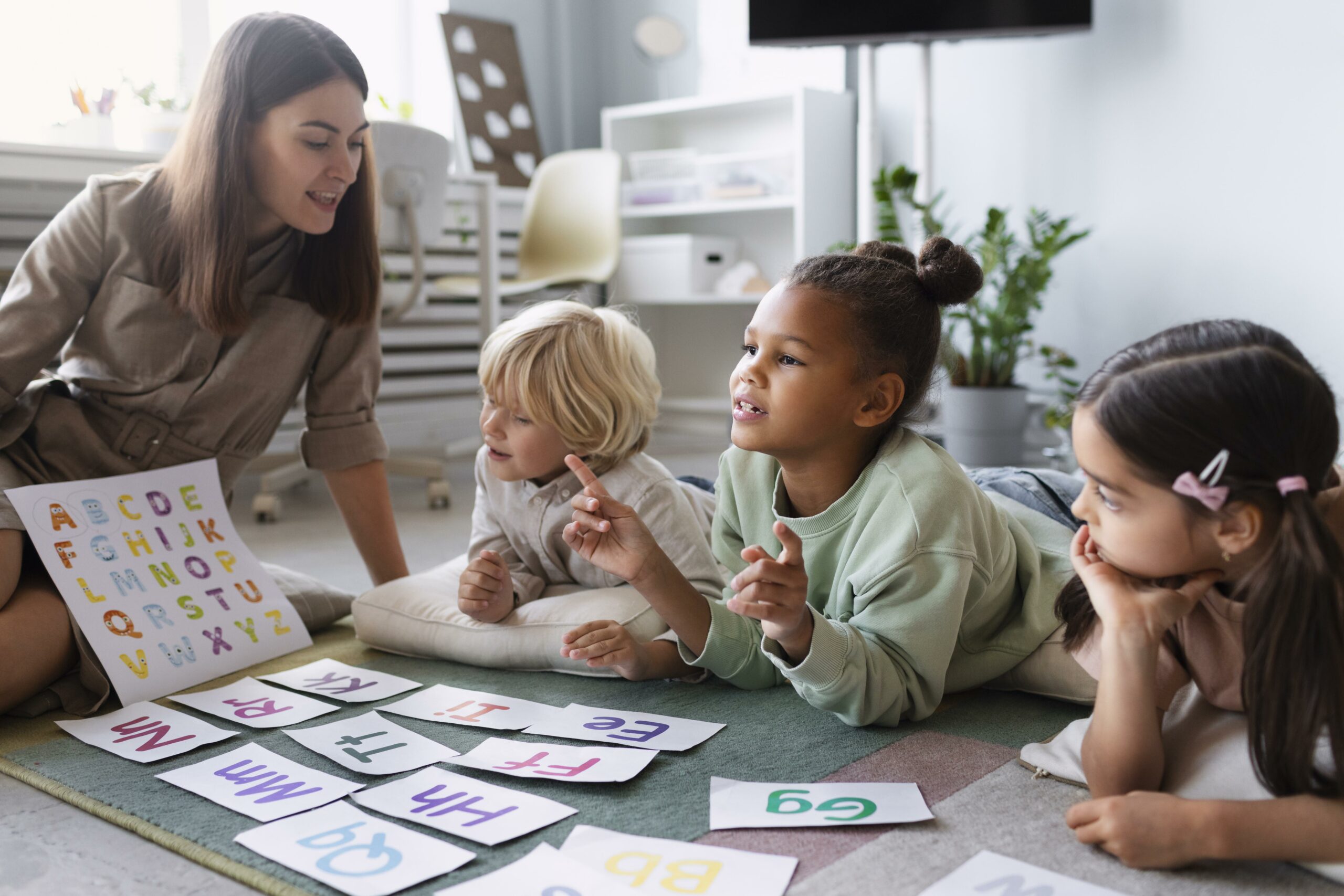Education isn’t just about teaching math or grammar; it also involves the development of social-emotional skills in children. These skills address crucial aspects of everyday life, such as empathy, effective communication, and emotional management. In this blog, we will explore the importance of teaching social-emotional skills in schools and how they can benefit children in their daily lives.
What Are Social-Emotional Skills?
Social-emotional skills are abilities that enable children to understand and manage their emotions, establish positive relationships with others, and make responsible decisions. They include skills such as empathy, self-awareness, emotional self-regulation, and conflict resolution. These skills are not only essential for emotional well-being but also have a significant impact on academic performance and success in life.
Benefits in Everyday Life
Improved Communication: Social-emotional skills enhance children’s ability to express their thoughts and feelings effectively. This helps them communicate with their peers, teachers, and parents, preventing misunderstandings and conflicts.
Empathy and Understanding: When children develop empathy, they become more capable of understanding the needs and feelings of others. This fosters healthier relationships and a more harmonious school environment.
Conflict Resolution: Social-emotional skills teach children to resolve conflicts peacefully and constructively. This enables them to handle disagreements effectively and avoid harmful situations.
Self-Confidence: Developing self-awareness and positive self-esteem increases children’s self-confidence. They feel more secure in themselves and better prepared to face challenges.
Impact on Academic Performance
Social-emotional education not only benefits children’s everyday lives but also improves their academic performance. When students have good emotional regulation, they can focus better on their studies and have greater motivation to learn. Additionally, social-emotional skills help them set goals and persevere in the face of academic challenges.
The Role of Educators
Teachers play a crucial role in teaching social-emotional skills. They can create a classroom environment where students feel safe to express their emotions and practice skills such as conflict resolution. Social-emotional education programs provide educators with resources and strategies to integrate these skills into the curriculum.
Social-emotional education in schools is essential for the holistic development of children. It not only enhances their everyday lives by promoting empathy, communication, and self-confidence but also has a positive impact on their academic achievements. Educators and parents alike play a fundamental role in supporting this type of education, creating an environment where children can grow both emotionally and intellectually.




